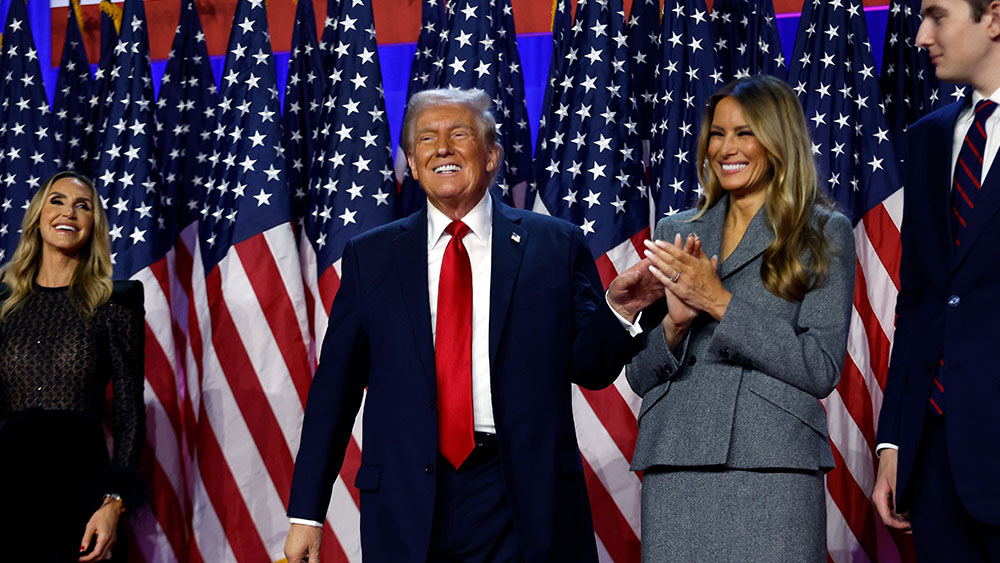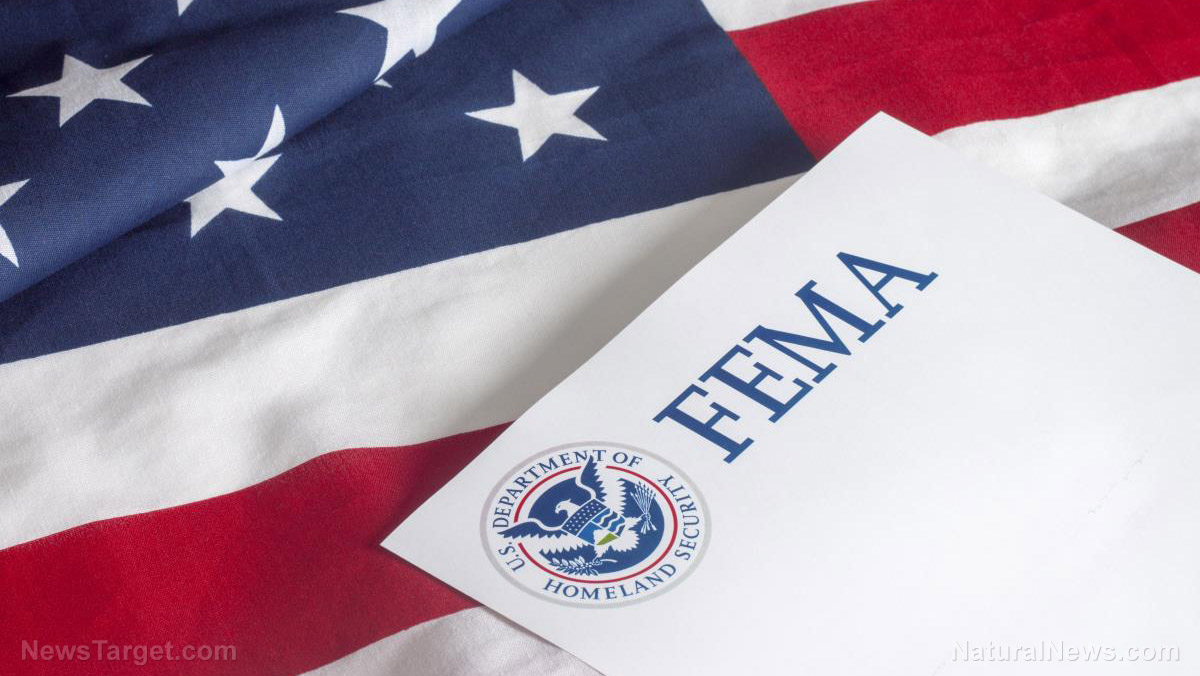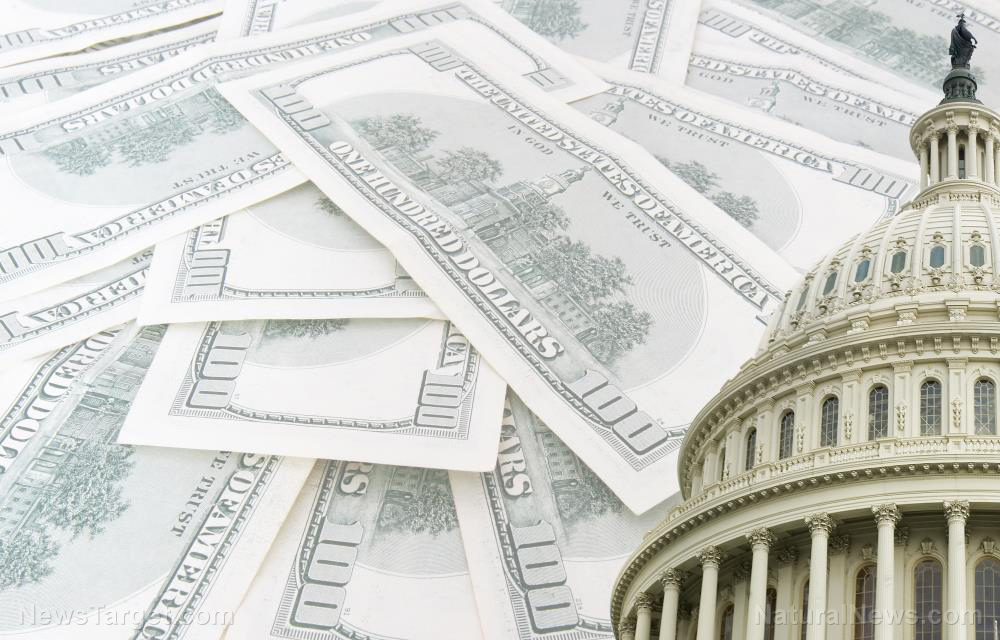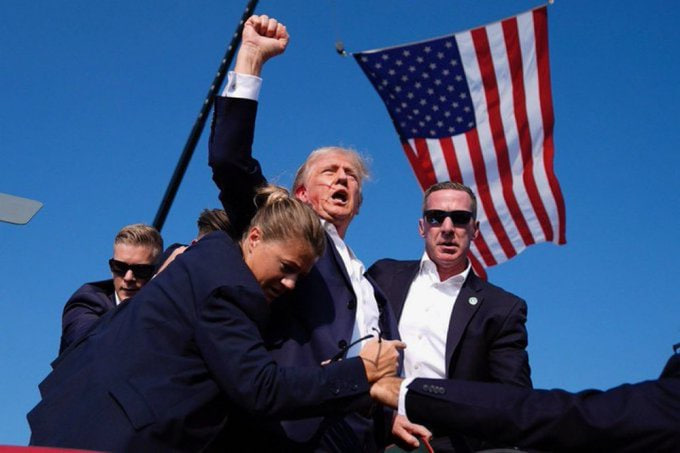 Parler
Parler Gab
Gab
- President Trump announced a 25% tariff on goods imported from Mexico and Canada, effective Feb. 1, citing border security concerns.
- Trump framed the tariffs as a response to the flow of migrants and illegal drugs across the U.S. border, specifically targeting Mexico and Canada for permitting the entry of undocumented individuals and fentanyl.
- The tariffs could significantly impact key industries, including automotive manufacturing, agriculture and energy, and may lead to increased costs for American consumers and job losses.
- Canadian and Mexican officials urged the U.S. to reconsider the tariffs, warning of potential economic disruption and retaliatory measures. However, their responses were largely measured, aimed at avoiding immediate escalations.
- The proposed tariffs could undermine the stability of the United States-Mexico-Canada Agreement (USMCA) and signal a return to aggressive protectionist measures under Trump's administration.
Canada and Mexico respond with caution
Canadian and Mexican officials have urged the U.S. to reconsider, warning that tariffs could disrupt the North American economy and provoke retaliatory measures. Canadian Finance Minister Dominic LeBlanc said Monday that his country is prepared to respond but hopes to avoid a trade war. “Our country is absolutely ready to respond to any one of these scenarios,” LeBlanc said. “We still continue to believe that it would be a mistake for the American government to proceed with imposing tariffs.” Canadian Prime Minister Justin Trudeau echoed this sentiment on Tuesday, emphasizing the interconnectedness of the U.S. and Canadian economies. “We will also remain steady and strong in advocating for this incredibly successful trading relationship,” Trudeau said. Mexican President Claudia Sheinbaum struck a measured tone in her response, pledging to defend her nation’s sovereignty while avoiding immediate threats of retaliation. “Regarding the decrees that President Donald Trump signed yesterday, I would like to say the following: The people of Mexico can be sure that we will always defend our sovereignty and our independence,” Sheinbaum said during a press conference. She added, “It’s always important to have a cool head,” suggesting that Mexico would respond “step by step” to U.S. tariffs.Economic and political implications
The proposed tariffs come at a delicate time for North American trade relations. The United States-Mexico-Canada Agreement (USMCA), which replaced NAFTA in 2020, is set for review in 2026. Analysts warn that Trump’s tariff threat could undermine the stability of the agreement and create uncertainty for businesses across the continent. Mexico and Canada are among the United States’ largest trading partners. In 2024, trade between the U.S. and Mexico totaled over $700 billion, while U.S.-Canada trade exceeded $800 billion. A 25% tariff on goods from both countries could disrupt supply chains, increase costs for American manufacturers and potentially lead to job losses in key sectors. Julio Ruiz, chief economist for Mexico at Citigroup, described Sheinbaum’s response as an attempt to de-escalate tensions. “What Sheinbaum is trying to do is try to calm things down,” Ruiz said. “One thing is what’s already signed, and another is these casual comments. You have to distinguish between those two things.” The tariff announcement is part of a broader reset of U.S. trade policy under Trump, who has long championed protectionist measures as a way to bolster American industries. In his inaugural address on Monday, Trump pledged to usher in a “golden age” for the United States, emphasizing tariffs as a tool to generate revenue and protect domestic interests. “Instead of taxing our citizens to enrich other countries, we will tariff and tax foreign countries to enrich our citizens,” Trump said during his speech. The president also hinted at additional trade actions, including potential tariffs on Chinese imports and European goods, signaling a return to the aggressive trade policies that defined his first term. As the February 1 deadline approaches, all eyes will be on whether Trump follows through with the tariffs and how Canada and Mexico respond. For now, the prospect of a North American trade war looms large, with significant implications for the economies and political relationships across the continent. Sources include: TheNationalPulse.com Independent.co.uk USNews.com FinancialTimes.comTrump announces plans to OVERHAUL or ABOLISH FEMA
By Ava Grace // Share
U.S. foreign aid freeze: Trump administration halts billions in assistance
By Belle Carter // Share
Mexico refuses to allow U.S. military planes deporting migrants to land in the country
By Ava Grace // Share
By News Editors // Share
Rubio vows to end State Department programs that “open the door to censorship”
By Cassie B. // Share
Governments continue to obscure COVID-19 vaccine data amid rising concerns over excess deaths
By patricklewis // Share
Tech giant Microsoft backs EXTINCTION with its support of carbon capture programs
By ramontomeydw // Share
Germany to resume arms exports to Israel despite repeated ceasefire violations
By isabelle // Share










